TEL AVIV — President Donald Trump was set to chair a meeting Wednesday about the future of Gaza, as Israel faced mounting global outcry over strikes on a hospital that killed 22 people, including journalists and medics.
Israeli and American officials will attend the discussions on the aftermath of the war, Middle East envoy Steve Witkoff said, even as the U.S. ally moves ahead with a new phase of a campaign that has killed tens of thousands of people and pushed the Palestinian enclave’s largest city into famine.
Pope Leo XIV added his voice to a growing chorus of pressure to end the war, while NBC News spoke to eyewitnesses who contradicted the Israeli military’s explanation for the attack on Nasser Hospital in southern Gaza.
“It’s a very comprehensive plan we’re putting together,” Witkoff told Fox News late Tuesday, adding that it reflected Trump’s “humanitarian motives.” Hamas, Witkoff said, was “now signaling that they’re open to a settlement” to end the 22-month war. “We’re going to settle this one way or another, certainly before the end of this year,” he added.
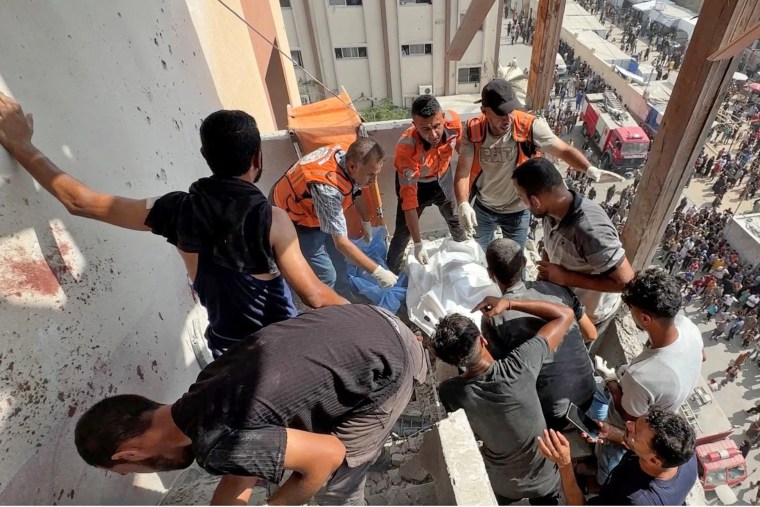
Israel has not publicly responded to the latest ceasefire proposal, which the militant group agreed to last week.
Five journalists were among 20 killed on Monday during “double tap” strikes, which was caught on video by the Arabic-language channel Al Ghad TV, whose correspondent Ibrahim al Qanan was live on TV when the second strike hit. He said timestamps on the video showed that there was 7 minutes between the explosions.
Responders, including journalists and rescue workers, waited a few minutes after the first hit before they raced up the stairs only to be caught in the second blast, he added.
The death toll rose to 22 on Wednesday after two of those wounded in Monday’s attack died of their injuries, the Health Ministry in Gaza said.
The Israel Defense Forces said in a statement on X that an initial inquiry found that troops had identified a camera at the hospital that was being used to observe its troops “in order to direct terrorist activities against them.” It added that “troops operated to remove the threat by striking and dismantling the camera.”
The statement, which did provide evidence to substantiate the claims or address the second strike on the facility, added that an investigation had been ordered into “several gaps” including the “authorization process” before the attack.
But according to five journalists on the ground there was only one camera on the hospital’s roof. The Reuters news agency said it had been running a live feed from the site for the last 18 months. A senior Hamas official claimed it did not have a camera in the area.
“Israel was fully aware that Reuters and multiple other news organizations were operating from Nasser hospital, which has been one of the nerve centers for coverage out of Gaza,” a Reuters spokesperson said in a statement. “Reuters has frequently broadcast a feed from Nasser hospital during the war, and for the past several weeks had been delivering daily feeds from the hospital position that was hit.”
Dr. Mohammed Saqer, director of nursing at Nasser Hospital, told NBC News that the IDF should have been aware that the area it was targeting at the hospital was a hub for journalists.
“It’s not a secret place. It’s like a clear place, obvious place. Everyone can see this place. Even the Israeli army, by their own drones or by their own cameras, they can see Hussam and other journalists working from the fourth floor. So it’s not a secret,” he said, referring to Hussam al-Masri, a Reuters contractor cameraman killed in the attack.
He added, “The IDF knows our numbers. Yes, sometimes they call us. So if the IDF has any objection about the presence of Hussam and other journalists on the third floor, on the fourth floor, I think they could have contacted us and we could have fixed the issue.”
Among the dead were Mariam Dagga, 33, a visual journalist, who freelanced for The Associated Press and other news outlets during the war. Al Jazeera confirmed that one of its journalists, Mohammed Salama, was also among the dead, while Reuters reported that Moaz Abu Taha, a freelancer who worked occasionally for the organization, died in the Israeli bombing along with al-Masri. Ahmad Abu Aziz, who Middle East Eye said worked as a freelancer, was also killed.
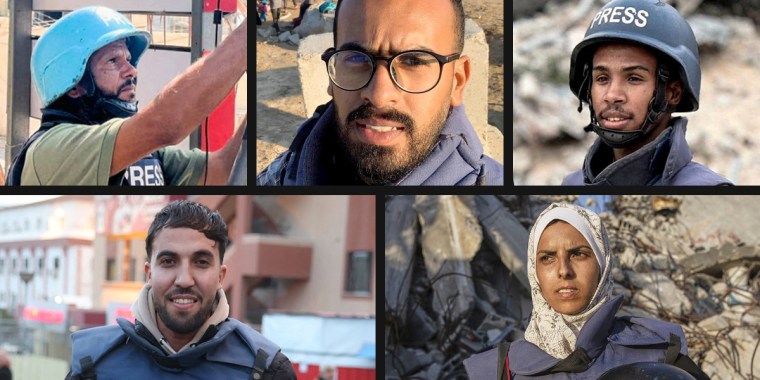
Asked about the strikes, Trump said he was “not happy about it,” adding, “We have to end this whole nightmare.”
Other Western leaders were more forceful in their criticism.
On Wednesday, Pope Leo demanded that Israel stop the “collective punishment” and forced displacement of Palestinians in Gaza as he pleaded for an immediate and permanent ceasefire.
“I beg for a permanent ceasefire to be reached, the safe entry of humanitarian aid to be facilitated and humanitarian law to be fully respected,” the first American pontiff said during his weekly general audience attended by thousands of people in the Vatican’s auditorium.

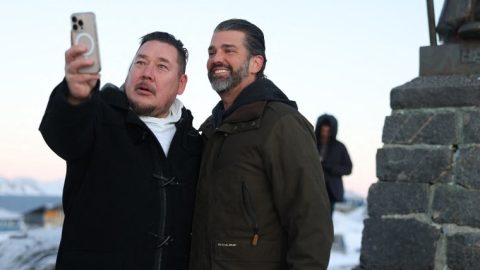
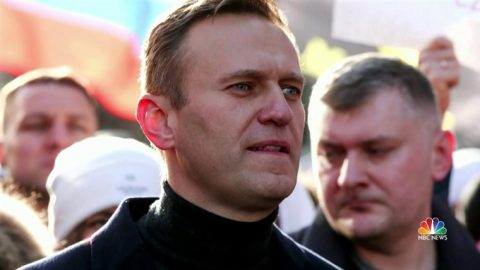
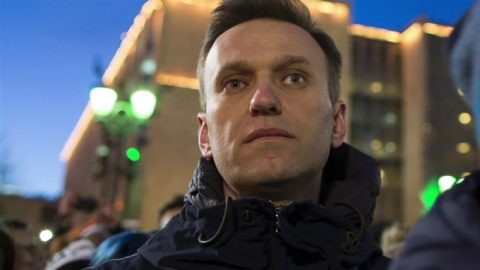

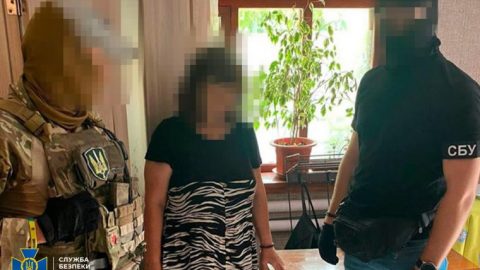
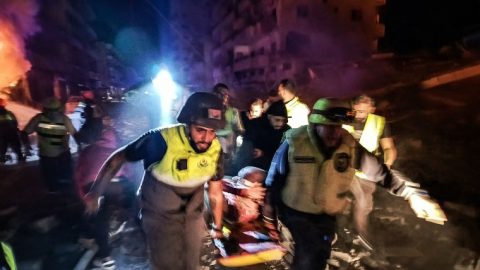
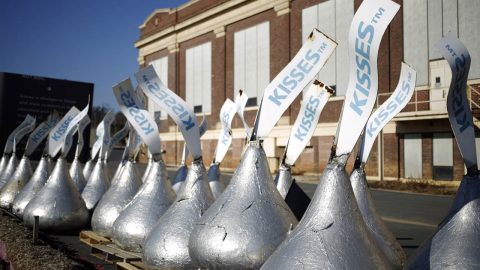
Recent Comments